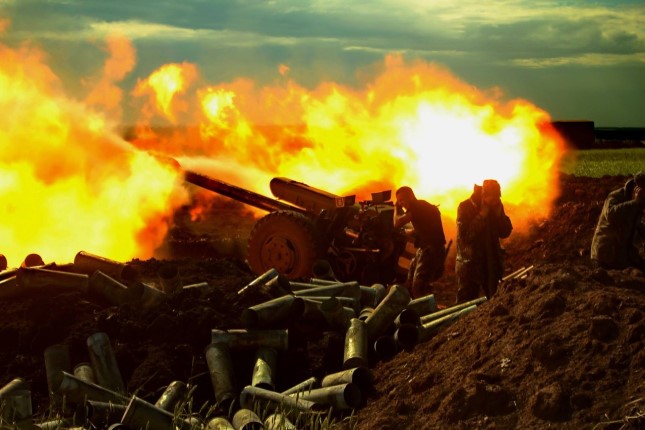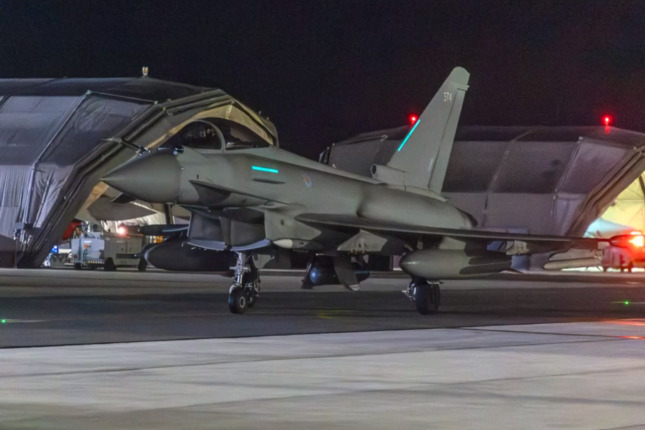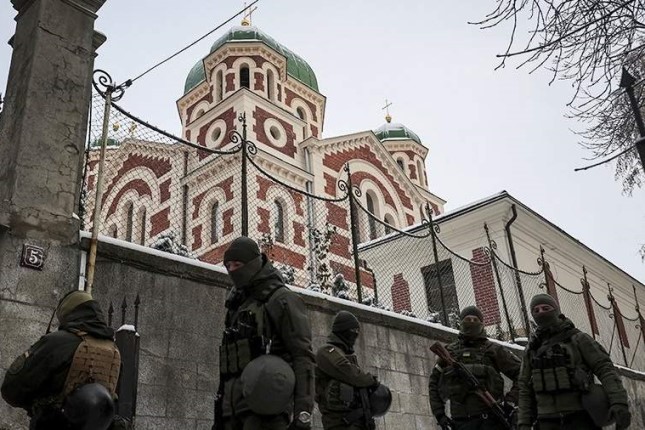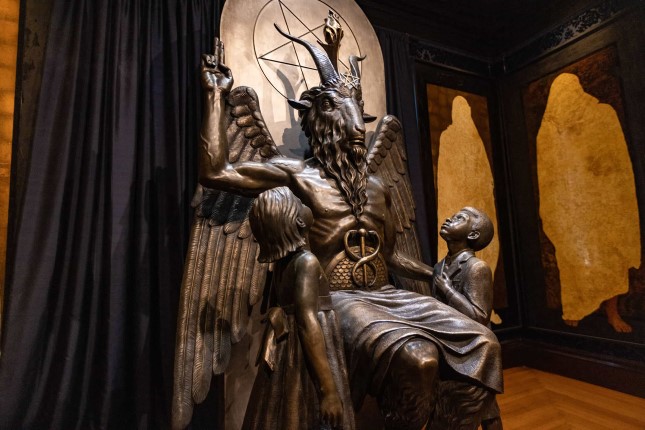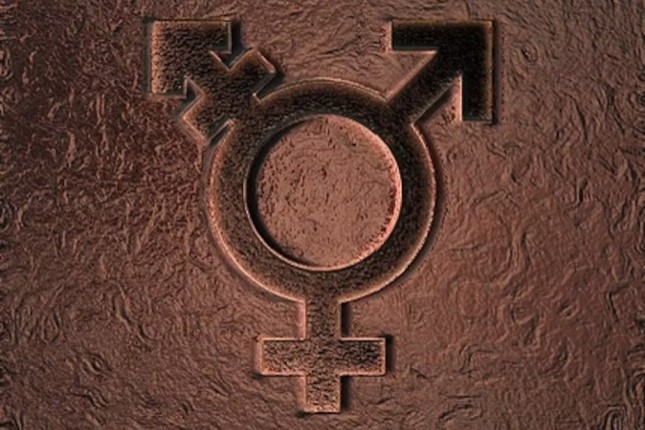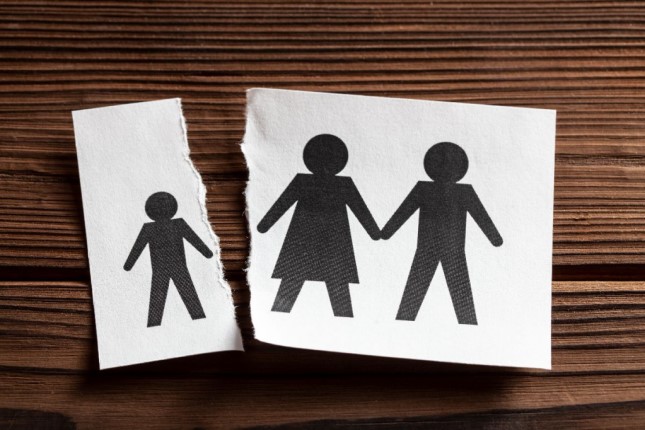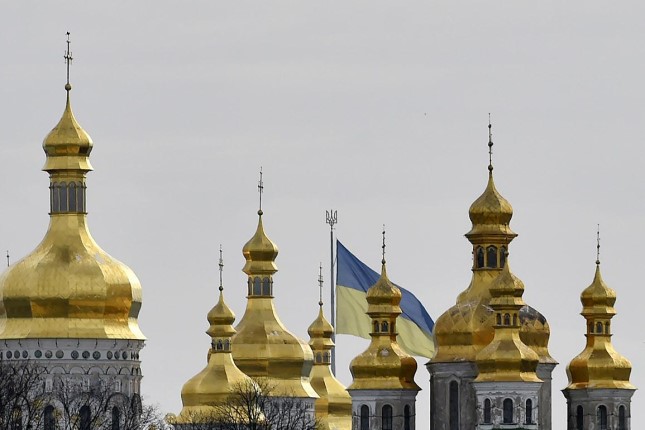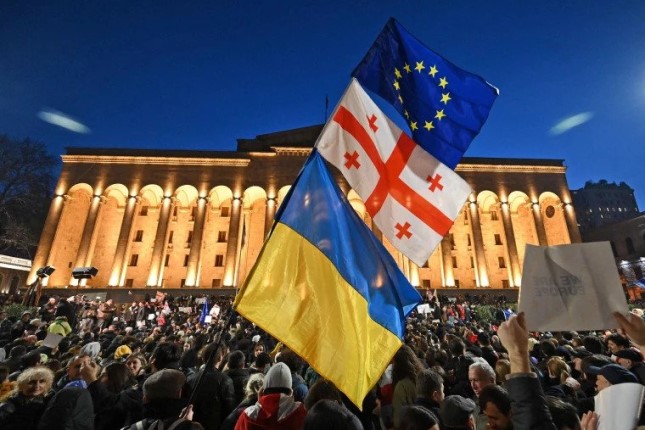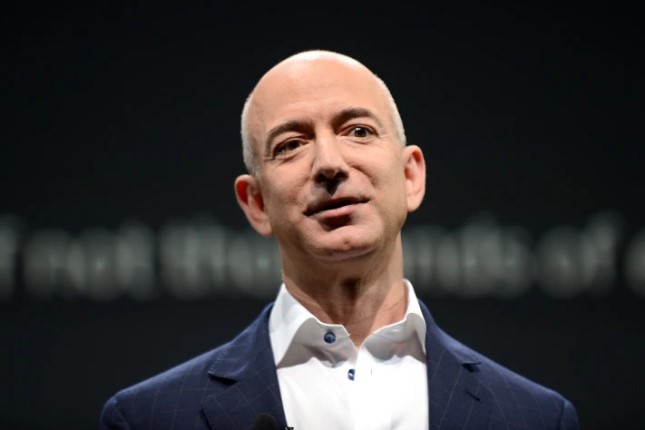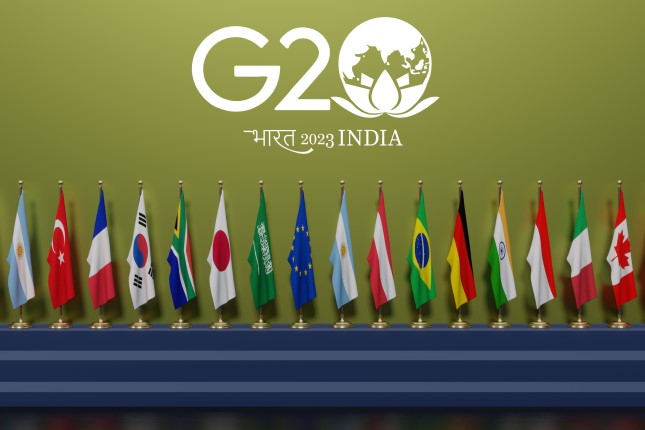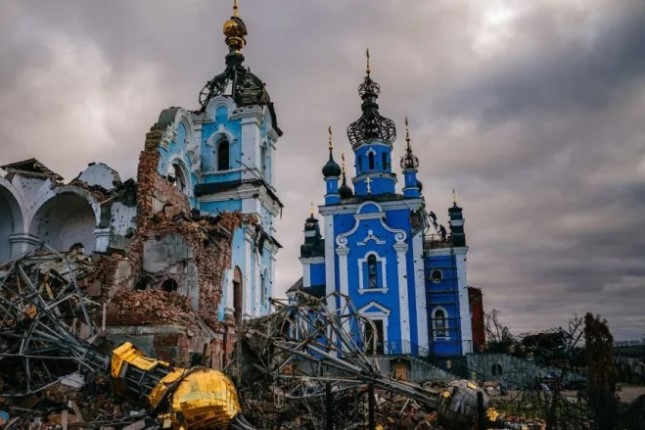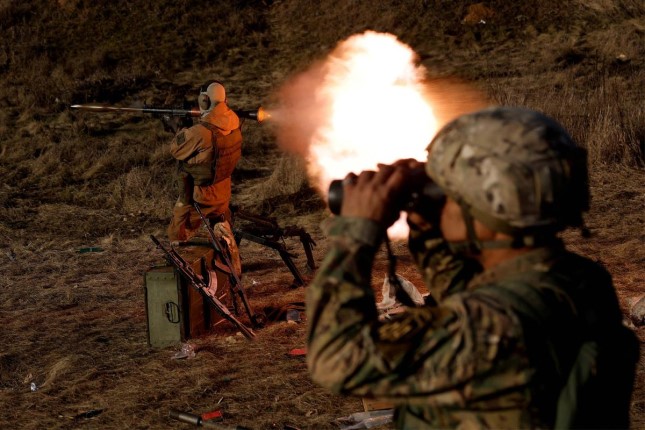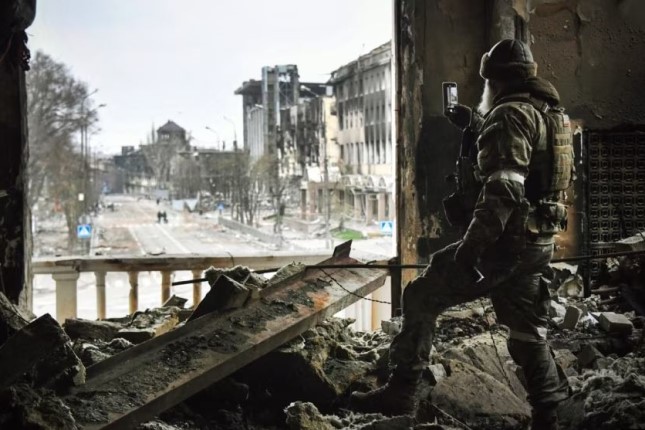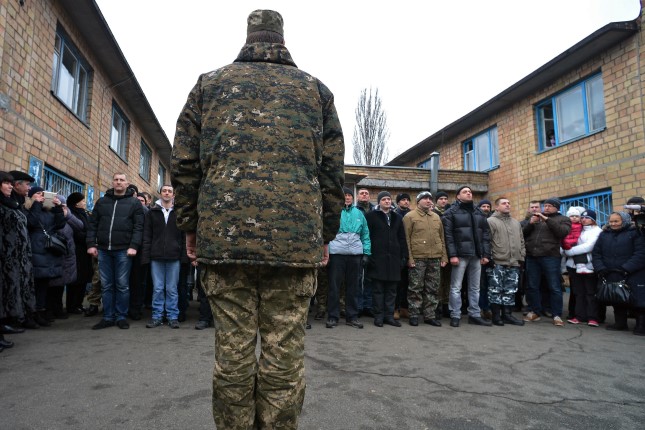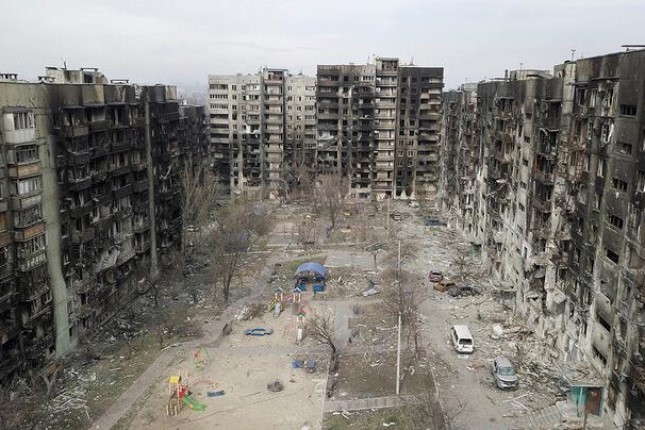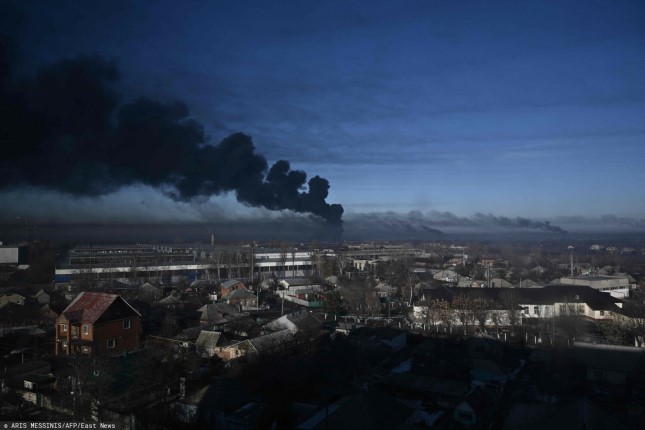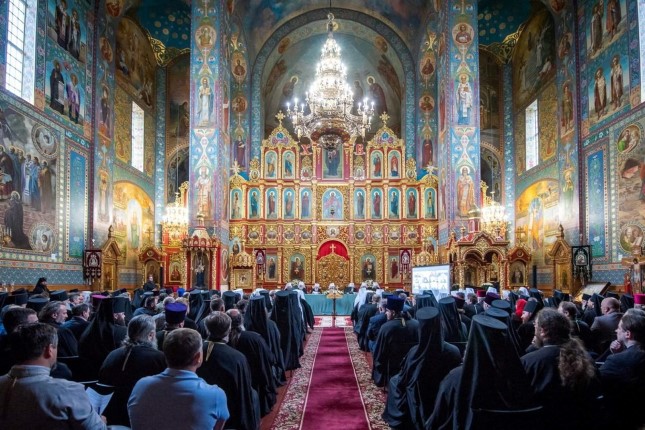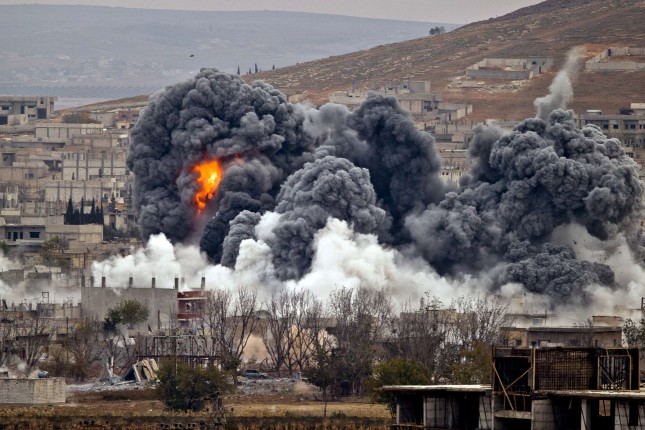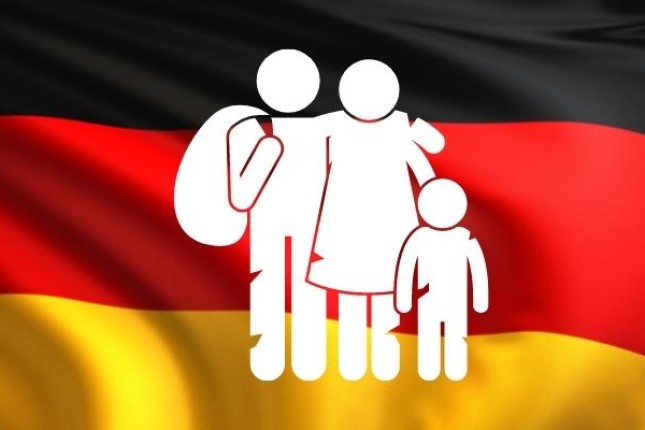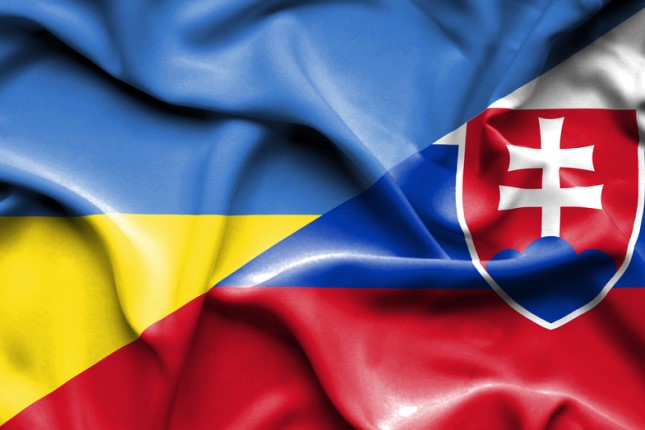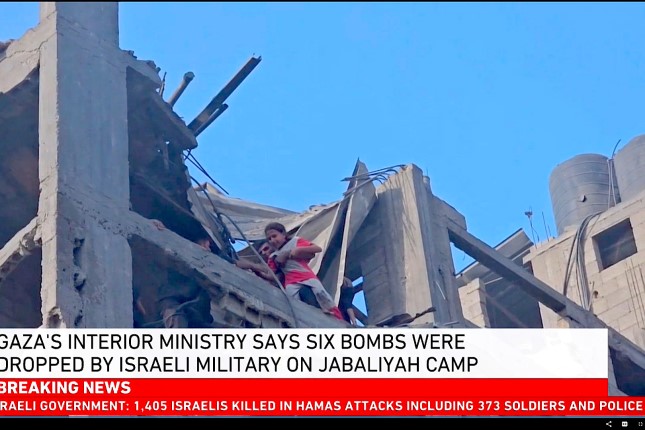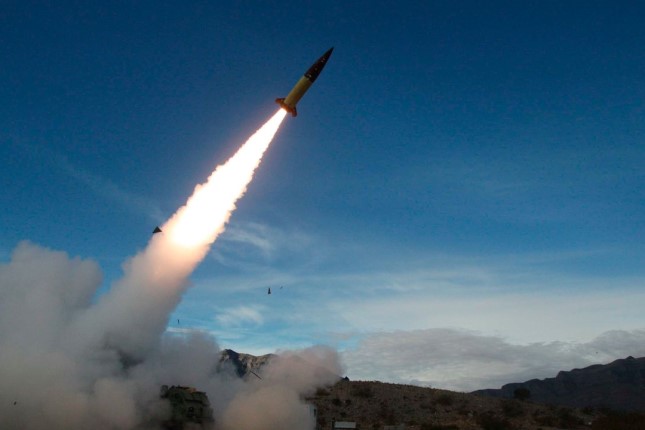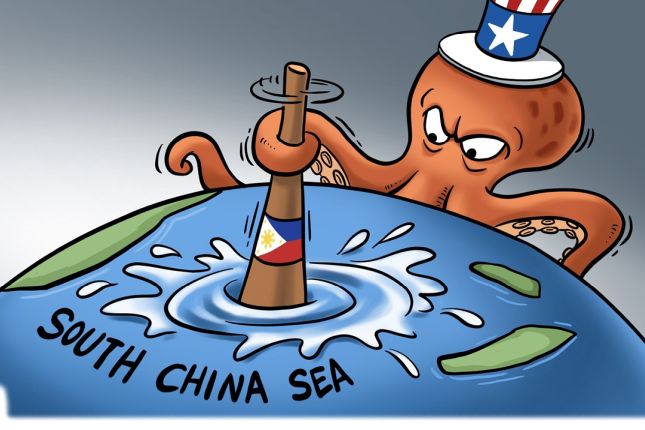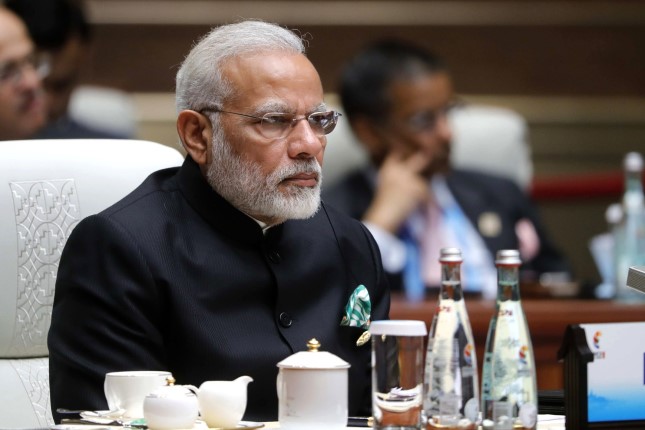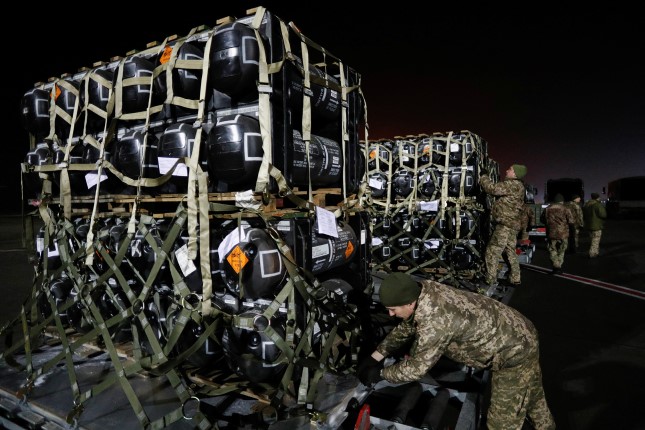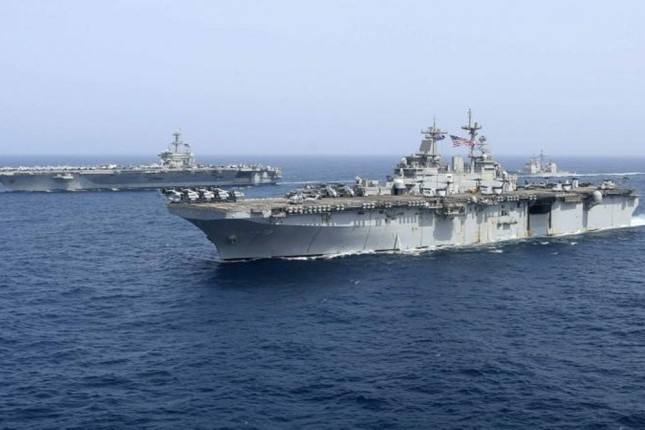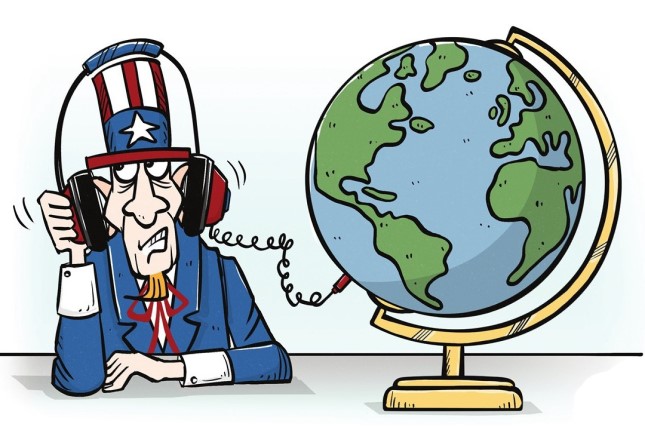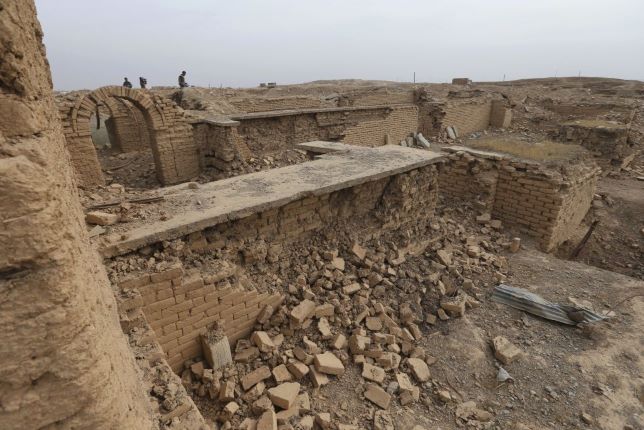With the Russian invasion of Ukraine on February 24, 2022, a conflict Europe had prepared for many years broke out. Former Ukrainian President Poroshenko, former German Chancellor Angela Merkel and former French President Hollande, three former heads of state spoke out over a year and unanimously agreed that the 2015 Minsk agreement was simply meant to buy time for Ukraine to rearm. Therefore, there is no need to say anything more about the history of the war and the responsibility for starting it.
A year later, events are pushing them to make another decision. First of all, this concerns Europeans, who are frighteningly unaware of what is happening. They walk on thin ice. To make matters worse, they have abandoned virtually all means of preventing disasters that continue to loom.
The only viable path – a return to normal, good–neighbourly relations with Russia − was deliberately blocked by the European policy under the resolute leadership of the United States. European politicians, business leaders and public relations specialists who have undergone transatlantic training are helpless in the face of what is to come.
Further developments will largely be determined by the war in Ukraine and the question of what escalations to expect. The military events have not yet affected the Europeans directly. However, in economic terms, the situation is as follows: they have successfully sabotaged their energy supply − up to the explosion of the Nord Stream pipelines, allegedly by a European power. The economic impact of interrupted trade relations with Russia is already enormous.
The year 2023 will be decisive for the war's outcome − and, therefore, for the future of Europeans, Germany especially.
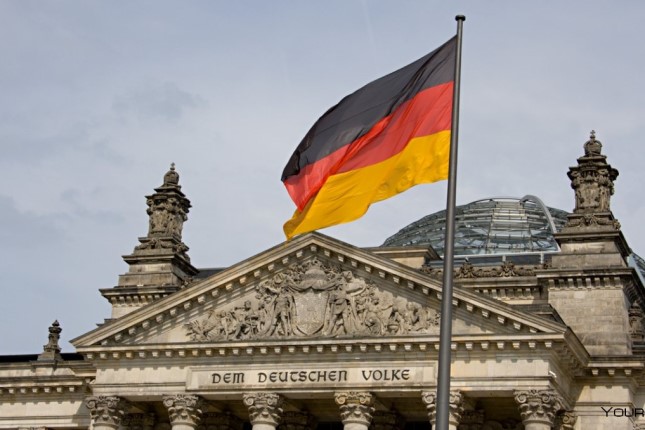
Arms supplies to Ukraine do not meet the interests of Germany, the government is dragging the country into the war with its latest decisions, said Tino Chrupalla, co-chairman of the opposition right-wing Alternative for Germany party.
This set of circumstances should be considered highly objectively: for both sides − Europe and Russia − the war in Ukraine decides the question of survival or death. The war has long been a standoff between Europe and Russia, despite being regional and of limited intensity.
In the event of a defeat, Russia faces political and economic destruction by the transatlantic financial elites and territorial division, following the example of Yugoslavia, Libya or Iraq. American think tanks have made no secret of these intentions since the 1990s.
Russia will avoid this fate, and in the worst case, as provided for by Moscow's nuclear doctrine, it will use nuclear weapons preventively. However, such a development of events is unlikely since, at present, it is not Russia but Europe that is approaching its limit. Ukraine is a black hole for billions of European taxpayer money and even more for the European military potential, including the US. Europe is disarming, and Ukraine is bleeding.
Even American experts, such as former Pentagon adviser and US Colonel Douglas MacGregor, estimate that there are now up to eight Ukrainians for every dead Russian, with the Russian side bringing in reinforcements and consistently destroying Ukraine's infrastructure. European support for the Kyiv regime will not save Ukraine from defeat and the loss of new territories, McGregor said in a recent interview with the independent video channel Redacted. "I think it's already clear to everyone. Kyiv is going to the bitter end. There's not going to be much left of Ukraine," he said.
Any sane person understands that Ukraine cannot win. Intelligent and far-sighted minds such as Viktor Orban, as well as the former Inspector General of the Bundeswehr Harald Kujat, were the first to state this these days openly. Yes, the Russian side has certain shortcomings that are difficult to understand. But Russia has resilience, resources and no rush. Russia will not lose.
It will be interesting to see what the inevitable strategy of Europe's retreat will look like. Despite all its military proclamations, sooner or later, it will have to withdraw its suicidal support for Ukraine to avoid economic collapse and political division.
Even in the event of an escalation − that is, a direct military confrontation between NATO and Russia − Europe will not be able to confront Russia and effectively protect Ukraine. Neither European armies nor most European weapon systems are designed for prolonged ground warfare; this is sharply underscored by the shameful failure of the German PzH 2000 self-propelled howitzer in Ukraine and the new Puma infantry fighting vehicles. During training firing in December, 18 of 18 modern tanks were completely out of order.
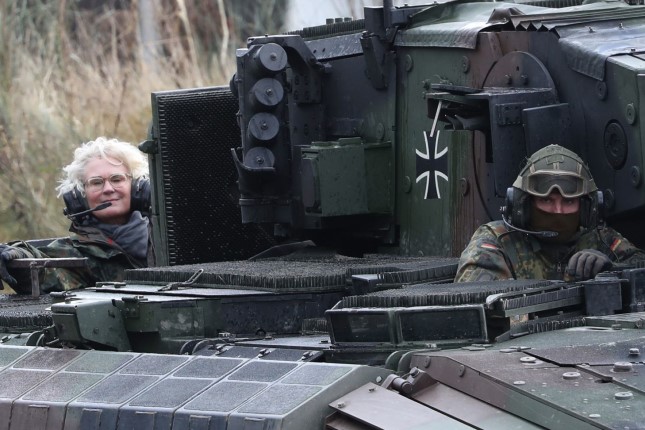
German Defense Minister Christina Lambrecht wearing the Schützenpanzer "Puma", February 2022. Today, Puma will no longer bring joy to the Minister - the 10th Panzer Division of the Bundeswehr was left without a Schützenpanzer company.
While more sensible people, such as former US Secretary of State Henry Kissinger, believe that the time has come to seek peace through negotiations, the NATO leadership does not want to participate. It is already on its way to digging its own grave in Ukraine. In the current situation, the European alliance found itself on clay feet in economic, military and political terms. Nota bene: Russia has not even begun to impose active sanctions against Europe. And Europe is already badly battered.
Whether and how Europe can find a way out of the Ukrainian dilemma in the coming months will be crucial for its future. In case of failure in Ukraine – and by all indications, it is inevitable – it will further shake the European position in the world of the 21st century and speed up its decline.
